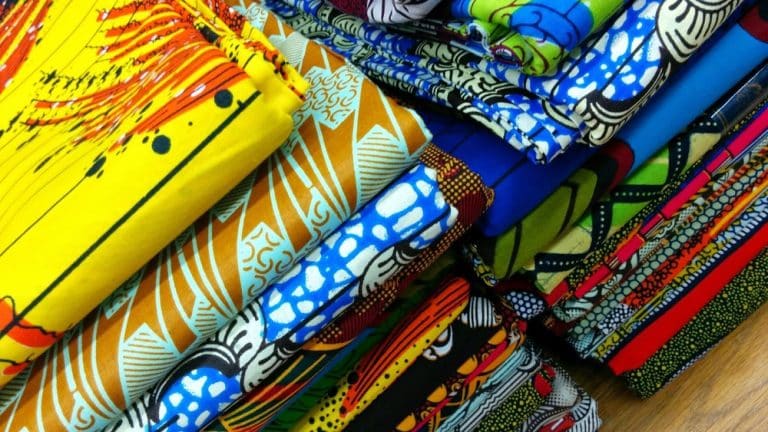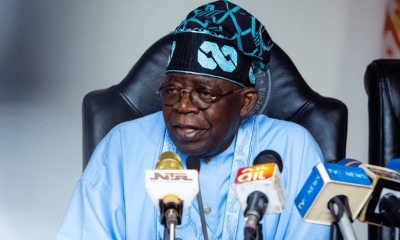Gist
Nigeria Loses $3 Billion Annually On Ankara Fabric Importation – Minister Reveals

The Minister of Art, Culture, and Creative Economy, Hannatu Musawa, has revealed that Nigeria incurs an annual loss of $3 billion due to importing Ankara fabrics, a widely recognized wax print in West and Central Africa.
Musawa noted that fabrics such as Adire, Kente, Bogolan, and Ankara represent Africa’s pride, history, and cultural identity.
However, she regretted that despite this rich heritage, many of the continent’s favourite fabrics, including Ankara, are primarily manufactured outside Africa.
Naija News reports that Musawa made this remark in Algiers last week during the Creative Africa Nexus Weekend (CANEX WKND) 2024.
According to a statement from the minister’s Special Adviser on Media and Publicity, Nneka Anibeze, Musawa emphasized the importance of strengthening Africa’s fashion and textile industry.
She stated, “Nearly 90 percent of the Ankara consumed on our continent is imported, leading to an annual loss of approximately $3 billion to foreign manufacturers. We must change this.
“We must reclaim our fashion narrative by strengthening local production capacities and ensuring that the benefits of this vibrant industry remain within our borders.”
Musa further stated that Africa’s fashion industry is projected to grow to $15.5 billion by 2025 and called for actions to address structural challenges hindering local production.
“Fashion is far more than a form of expression. It is an economic powerhouse. The global fashion industry is valued at approximately $2.5 trillion. In Nigeria alone, the fashion industry contributes approximately $6.1 billion to GDP, while South Africa’s textile sector employs over 140,000 people, demonstrating the sector’s capacity for job creation.
“Investments in fashion will create millions of jobs, particularly for women and youth. By expanding local production, we will not only add value within our borders but also position Africa as a global hub for fashion,” she stated.
Musawa stated that the ministry is actively engaged in developing manufacturing hubs and training programs in craftsmanship as part of the Design Nexus and Destination 2030 initiative throughout Africa.
She further noted that this initiative seeks to elevate Nigeria’s arts, culture, and creative economy to a leading position.












